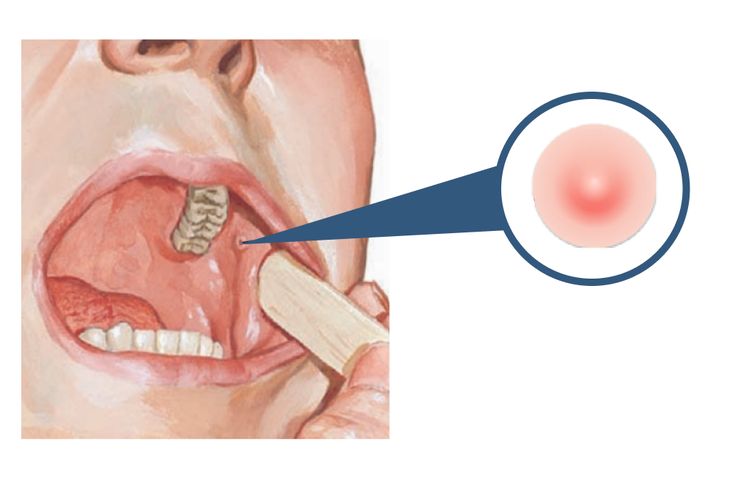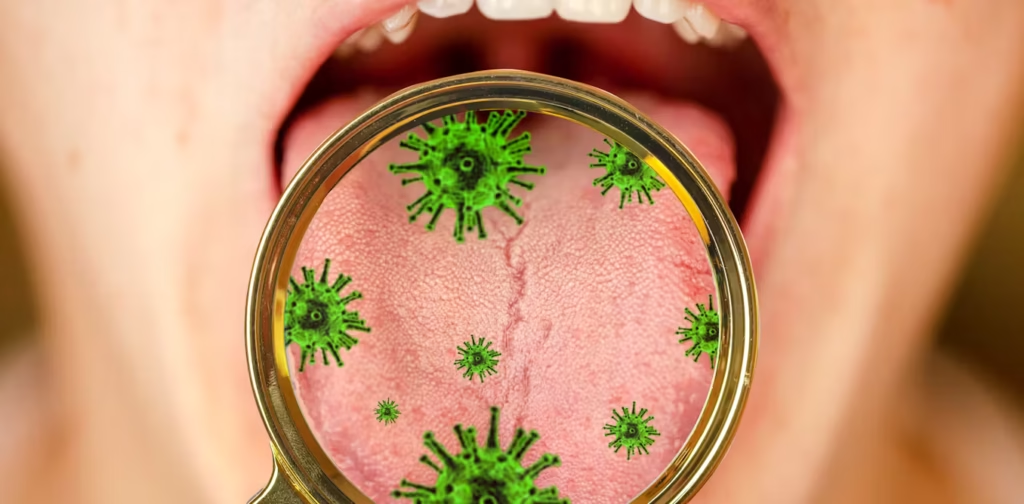Our mouths are home to a vast variety of microorganisms, ranging from harmless bacteria to harmful pathogens. These microbes live in our mouths naturally, performing various functions essential to oral health. However, some of them can cause serious diseases if they proliferate uncontrollably or if the body’s defenses are compromised. In this post, we will explore the different types of microbes living in your mouth and how they may contribute to oral diseases and other health issues.
Types of Microbes Found in the Mouth

The human mouth hosts a diverse array of microorganisms, including bacteria, fungi, viruses, and protozoa. Each plays a different role in maintaining oral health, some beneficial and others harmful. Among the most common microbes are bacteria, which can either protect or harm the body. Good bacteria help break down food particles, produce necessary enzymes, and even prevent the growth of harmful microbes. These beneficial bacteria create a balanced oral ecosystem, supporting a healthy mouth environment.
However, the oral cavity can also be home to pathogenic bacteria, including species like Streptococcus mutans and Porphyromonas gingivalis. These bacteria are associated with common oral diseases such as cavities and gum disease. Streptococcus mutans, for instance, is a key contributor to tooth decay. It feeds on sugars and produces acids that can erode tooth enamel, leading to cavities. On the other hand, Porphyromonas gingivalis is often linked to periodontal disease, a condition that affects the gums and the structures supporting the teeth.
In addition to bacteria, the mouth also harbors fungi, with Candida albicans being the most well-known. While usually harmless in small quantities, an overgrowth of Candida can lead to infections like thrush. Viruses such as the herpes simplex virus can also affect the oral cavity, leading to cold sores or other infections. Protozoa, though less common, may also be present, especially in individuals with compromised immune systems.
How Microbes in the Mouth Can Lead to Disease

When the balance of microbes in the mouth is disturbed, harmful microorganisms can thrive, potentially leading to oral diseases and other systemic health issues. Poor oral hygiene is a significant contributor to microbial imbalance. Without regular brushing and flossing, food particles, plaque, and bacteria build up on the teeth and gums, leading to infections like cavities and gum disease.
Tooth decay is one of the most common oral diseases caused by harmful bacteria. When Streptococcus mutans and other bacteria feed on sugar, they produce acids that attack tooth enamel, causing it to break down over time. If left untreated, this can lead to cavities, tooth sensitivity, and even tooth loss. Gum disease, another widespread issue, occurs when bacteria like Porphyromonas gingivalis infect the gums. This can cause inflammation, bleeding, and in severe cases, tooth loss.
Periodontal disease, caused by an overgrowth of harmful bacteria in the mouth, is also linked to a range of systemic conditions, including heart disease, diabetes, and respiratory infections. The bacteria from the mouth can enter the bloodstream, spreading to other parts of the body and increasing inflammation. Research has shown that individuals with poor oral health are at a higher risk of developing conditions like stroke, heart disease, and even complications during pregnancy.
Preventing Oral Disease by Managing Microbial Growth

Maintaining a healthy balance of oral microbes is essential to preventing diseases. The best way to achieve this is through proper oral hygiene. Brushing your teeth at least twice a day with fluoride toothpaste helps remove plaque and bacteria that can lead to cavities and gum disease. Using dental floss to clean between the teeth also prevents food particles and plaque from accumulating in hard-to-reach areas, further reducing the risk of oral infections.
Regular visits to the dentist are also crucial for maintaining oral health. Dentists can identify early signs of gum disease, tooth decay, and other issues before they become severe. Professional cleanings can remove plaque buildup that cannot be eliminated by regular brushing alone. Additionally, your dentist can offer personalized advice on maintaining oral health, such as recommending antimicrobial mouthwashes or adjusting your brushing techniques.
A healthy diet plays a significant role in supporting the balance of microbes in your mouth. Reducing your intake of sugary foods and drinks can help prevent the growth of harmful bacteria like Streptococcus mutans. Instead, opt for a diet rich in fruits, vegetables, and whole grains, which provide essential nutrients for maintaining a healthy oral microbiome. Drinking plenty of water also helps wash away food particles and bacteria, reducing the risk of oral disease.
The Impact of Oral Health on Overall Wellness

The microbes in your mouth don’t just affect your oral health—they can have far-reaching effects on your overall well-being. Research has shown that poor oral hygiene and untreated oral diseases can contribute to various systemic health problems. For example, bacteria from the mouth can travel to the heart and cause endocarditis, an infection of the heart’s inner lining. Similarly, gum disease has been linked to an increased risk of developing type 2 diabetes and respiratory infections.
Good oral health is essential for maintaining not only a healthy smile but also a healthy body. When you take steps to care for your oral microbiome, you’re also taking care of your overall health. Brushing, flossing, and visiting your dentist regularly can help keep harmful bacteria in check and reduce your risk of developing serious health problems.
Additionally, understanding the role of oral microbes in disease prevention can empower individuals to take proactive steps in their oral health care. By recognizing the balance between good and bad bacteria in the mouth, you can make informed decisions about your oral hygiene routine, diet, and lifestyle. Taking care of your mouth can have lasting benefits for your health, ensuring that you not only feel good but also protect your body from potential infections.
The human mouth is home to a vast ecosystem of microbes, each with a role to play in maintaining oral health. While many of these microorganisms are harmless, an imbalance in the oral microbiome can lead to serious oral and systemic health issues. By practicing good oral hygiene, maintaining a healthy diet, and visiting your dentist regularly, you can help keep harmful bacteria in check and promote a healthy mouth and body. Understanding the microbes that live in your mouth and how they impact your health is key to taking control of your oral hygiene and preventing disease.

